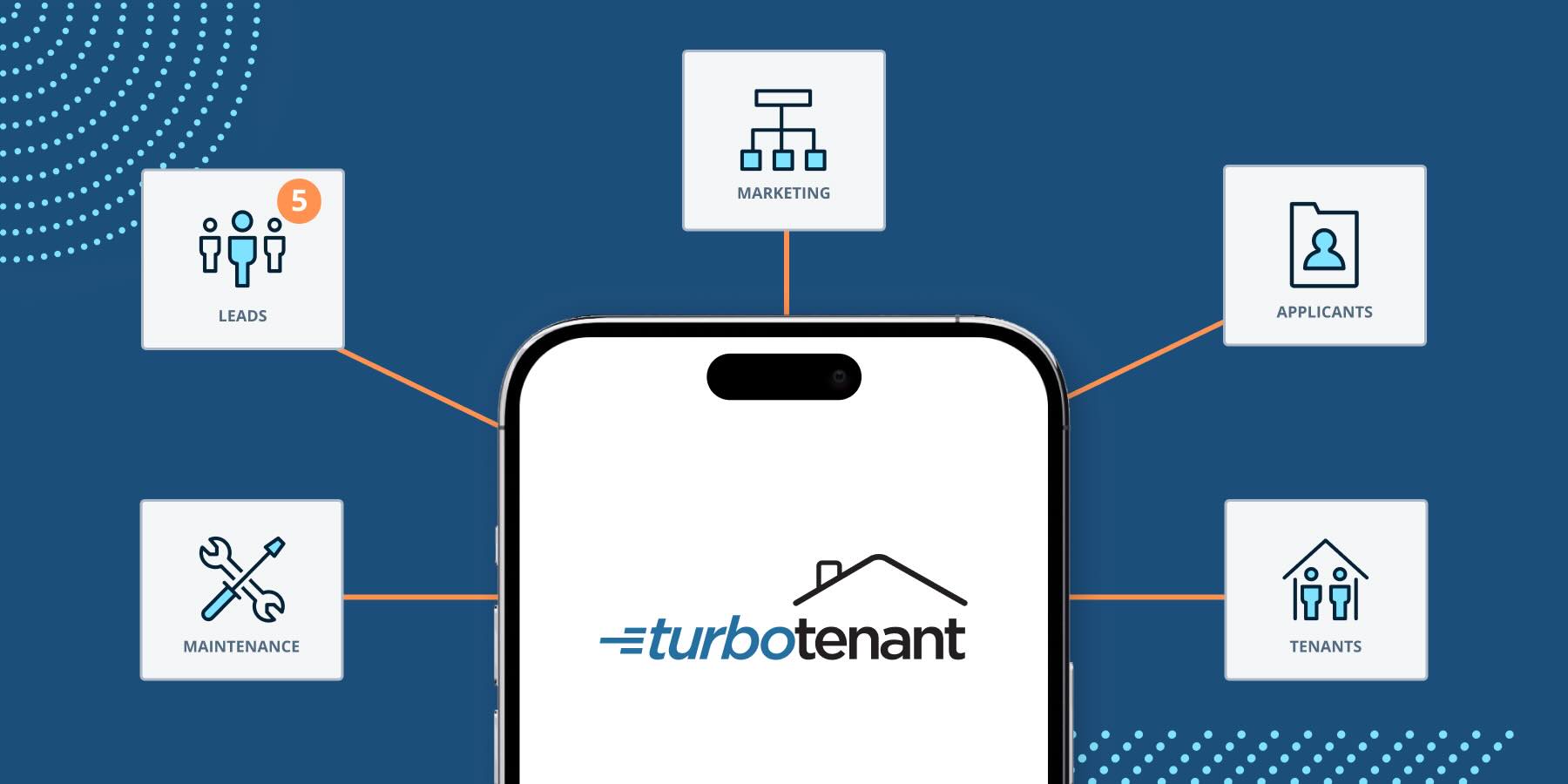Lessee: Definition and Role
A lessee, or tenant, is an individual or entity that leases an asset, such as a residential property, from a lessor (landlord). Tenants have the right to use and occupy a rented property as long as they abide by the lease.
Rights and Responsibilities
Lessees have the right to a habitable living environment, the peaceful enjoyment of their property, and privacy. Their responsibilities include making timely rent payments, performing basic property maintenance, and adhering to lease terms.
Digital Transformation in Property Management
The advent of digital tools, like TurboTenant, has revolutionized the tenant experience. TurboTenant makes processes like applications, lease signing, rent payments, and maintenance requests more efficient and user-friendly.
Enhanced Lessee Experience
Digital platforms streamline administrative tasks and improve communication between lessees and their landlords. The result is a more satisfactory and efficient rental experience.
Definition of a Lessee
A lessee is an individual or entity that leases an asset from another party, known as the lessor. In real estate, the asset is typically a residential property, such as an apartment, house, or condo.
The lessee, also known as a tenant, is granted the right to use and occupy the property for a predetermined period under specific conditions outlined in a lease agreement.
Rights and Responsibilities of a Lessee
Lessee rights and responsibilities are primarily determined by the lease agreement and governed by state and local laws. Fundamental rights often include the right to a habitable living environment, the peaceful enjoyment of property, privacy, and the use of property amenities as agreed upon in the lease.
The tenant’s responsibilities include paying rent on time, following property rules, maintaining the property in good condition, and notifying the landlord of any necessary repairs or maintenance issues.
Digital Tools and the Lessee Experience
In today’s digital age, property management tools have evolved significantly to benefit both lessees and landlords. Platforms like TurboTenant offer features designed to streamline the rental process, making it easier and more efficient for all parties involved.
- Online applications: Tenants can apply for rentals online, speeding up the screening process and making it more convenient for both parties.
- Electronic lease agreements: Gone are the days of paper-based leases. Digital tools enable lessees to review, sign, and store lease agreements electronically, ensuring a secure and legally binding process.
- Online rent payments: Tenants can pay rent online, which is more convenient and reduces the likelihood of late payments.
- Maintenance requests: Digital platforms let tenants submit maintenance requests online, improving communication and speeding up issue resolution, which leads to a smoother process and a better overall living experience.
Understanding the role of a lessee is fundamental in the property management industry. Equipped with their rights and responsibilities, tenants can foster a positive relationship with their landlords, resulting in a more satisfying rental experience.
With the aid of digital tools and services, such as those provided by TurboTenant, managing rental agreements, payments, and maintenance can be significantly improved, benefiting both lessees and property managers.


